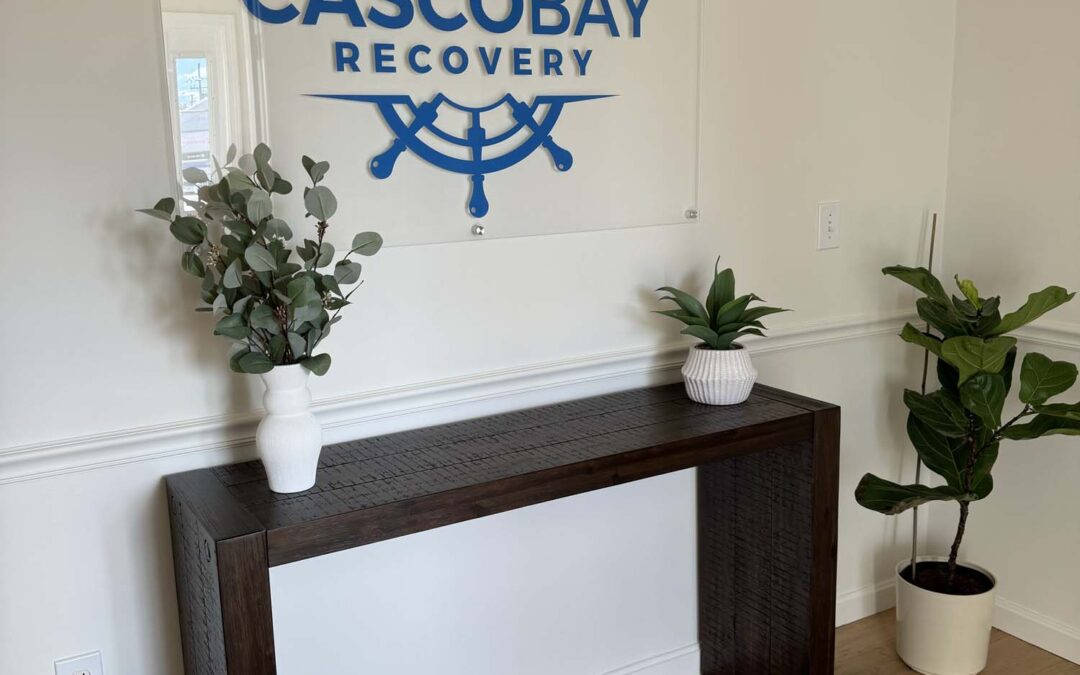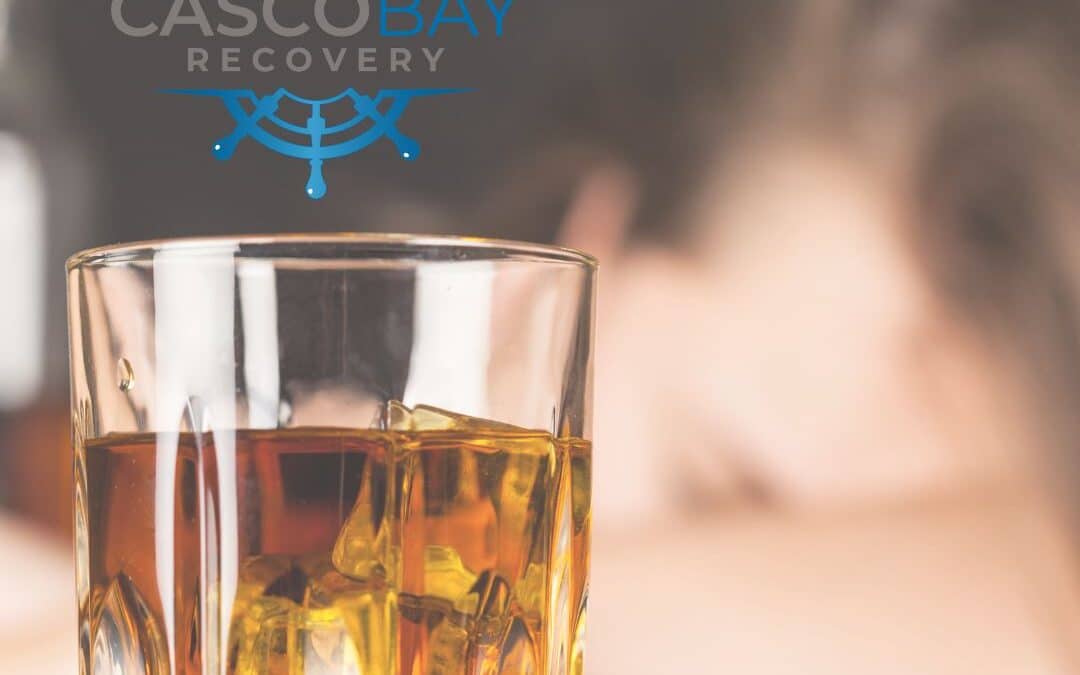The path to recovery from addiction is a journey filled with challenges and triumphs. Finding the strength to overcome addiction requires a multifaceted approach, and sometimes, the most unexpected companions can become powerful allies. Enter pets – our furry (or feathery, or scaled) friends who offer unconditional love, companionship, and a unique kind of emotional support that can be instrumental in the recovery process.
The Human-Animal Bond: A Source of Strength
Humans have shared a deep bond with animals for millennia. Studies have repeatedly shown that interacting with pets can have a profound impact on our emotional and physical well-being. Simply stroking a pet can lower blood pressure, reduce stress hormones, and increase the production of feel-good chemicals like oxytocin. This calming effect can be particularly beneficial for individuals struggling with addiction, who often experience anxiety, depression, and emotional dysregulation.
Pets provide a sense of purpose and routine, both of which are crucial during recovery. Caring for a pet – feeding them, walking them, or simply playing fetch – introduces structure and responsibility into your day. This can be especially helpful during periods of transition or when cravings arise. Focusing on your pet’s needs can distract from negative thoughts and provide a sense of accomplishment.
Beyond Emotional Support: The Practical Benefits of Pets in Recovery
The benefits of pets in recovery extend beyond emotional support. For some individuals, pets can act as a buffer against social isolation, a common challenge during early recovery. Pets can be a source of conversation and connection, prompting interactions with others while you’re out walking your dog or visiting the dog park. This social interaction can help combat feelings of loneliness and isolation, fostering a sense of belonging and community.
Owning a pet can also encourage physical activity. Dogs, in particular, require regular walks and playtime, which naturally increases your own daily exercise. Physical activity is a well-established mood booster and can help manage cravings and improve sleep quality – all essential elements of a successful recovery program.
It’s important to note that not all pets are created equal. While most pets can provide some level of emotional support, some animals are specifically trained to assist individuals with disabilities, including mental health conditions. Emotional Support Animals (ESAs) are recognized under the Fair Housing Act (FHA) and allow individuals with qualifying mental health conditions to live in pet-free housing with their ESA. If you’re considering an ESA, be sure to consult with a licensed mental health professional at Casco Bay Recovery to determine if an ESA is right for you and to help with the documentation process.
Finding the Right Pet for Your Recovery Journey
Not every pet is a perfect fit for everyone. Consider your lifestyle and living situation when choosing a pet. If you live in a small apartment, a high-energy dog might not be the best choice. Cats can be excellent companions for those who prefer a more low-maintenance pet. Fish or small animals like hamsters or guinea pigs can also provide companionship without requiring extensive care.
Regardless of the species you choose, make sure you can realistically commit to caring for your pet. Pets are a lifelong responsibility, and their well-being should always be a priority.
Integrating a Pet into Your Recovery Plan
If you’re considering adding a furry friend to your life, talk to your therapist at Casco Bay Recovery. They can help you determine if a pet is a good fit for your individual needs and recovery plan. They can also offer guidance on how to best integrate pet care into your daily routine.
Here are some additional tips for integrating a pet into your recovery:
- Start slow. If you’ve never had a pet before, consider fostering an animal first. This allows you to experience pet ownership without a long-term commitment.
- Seek support from animal shelters or rescue organizations. Many shelters offer adoption programs specifically geared towards individuals in recovery.
- Connect with other pet owners in recovery. Online forums and local pet owner groups can be a great source of support and information.
Remember, pets are not a magic bullet, but they can be a powerful tool on your road to recovery. The unconditional love and companionship they offer can provide a much-needed source of strength and stability during challenging times. If you’re open to the idea, consider welcoming a furry friend into your life and see how they can enrich your recovery journey.
Additional Resources
- The Human Animal Bond Research Institute (HABRI): https://habri.org/ is dedicated to funding research that explores the beneficial aspects of the human-animal bond. They provide a wealth of resources and studies on the impact of animals on human health and well-being.
- Pets for Vets: https://petsforvets.com/ is a non-profit organization that partners shelter pets with veterans suffering from PTSD and other mental health challenges.
- Service Dog Central: [invalid URL removed] provides comprehensive information on service dogs and other working dogs, including the different types, training, and legal rights of individuals with service animals.
Casco Bay Recovery: Your Partner in Recovery
At Casco Bay Recovery, we understand that recovery is an individualized process. Our comprehensive treatment programs are tailored to meet the unique needs of each client, and we’re always exploring new ways to support our clients on their journey. If you believe a pet could be a valuable addition to your support system, we encourage you to talk to your therapist or counselor.
Here’s how we can help:
- Individual therapy: Our therapists will help you assess the benefits and challenges of pet ownership and its role in your recovery plan.
- Pet-friendly accommodations: We understand the importance of pets in our clients’ lives, and we may be able to offer pet-friendly accommodations in select situations upon request. Contact us to learn more.
- Support groups: Connect with other pet owners in recovery and gain support and insights from others who have experienced the benefits of pet companionship.








